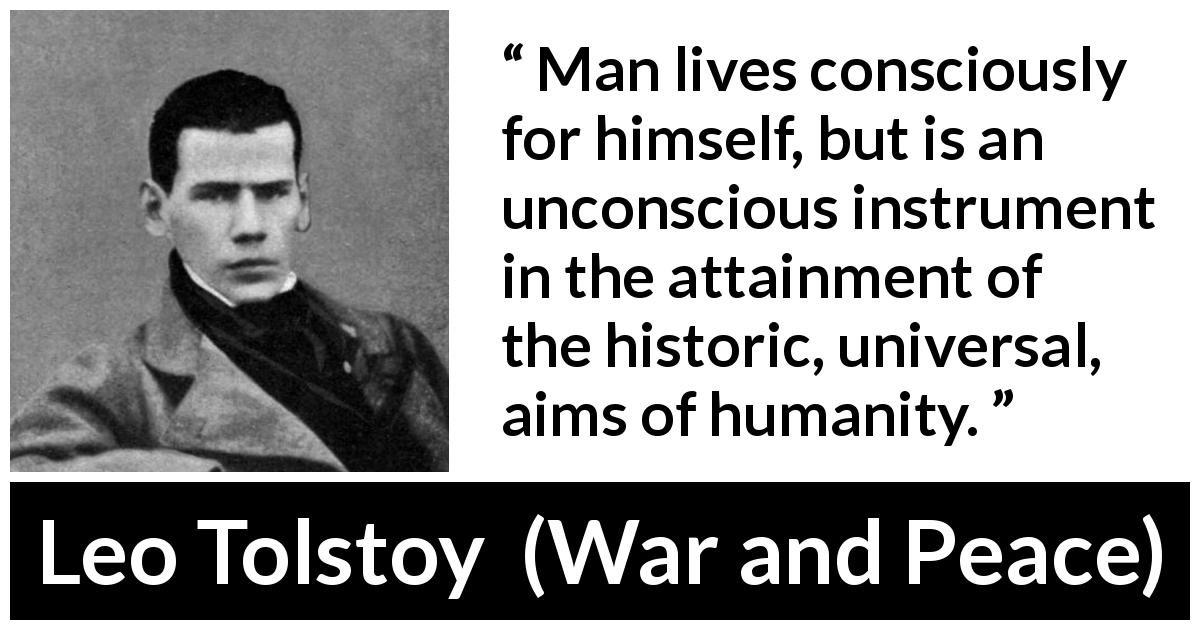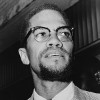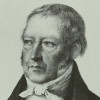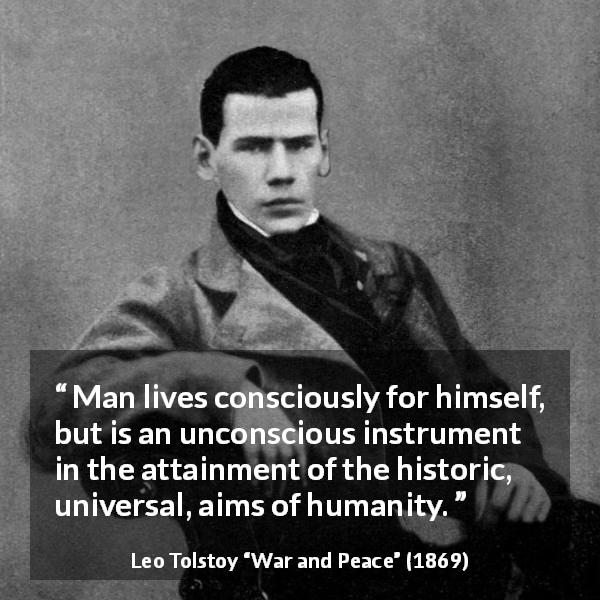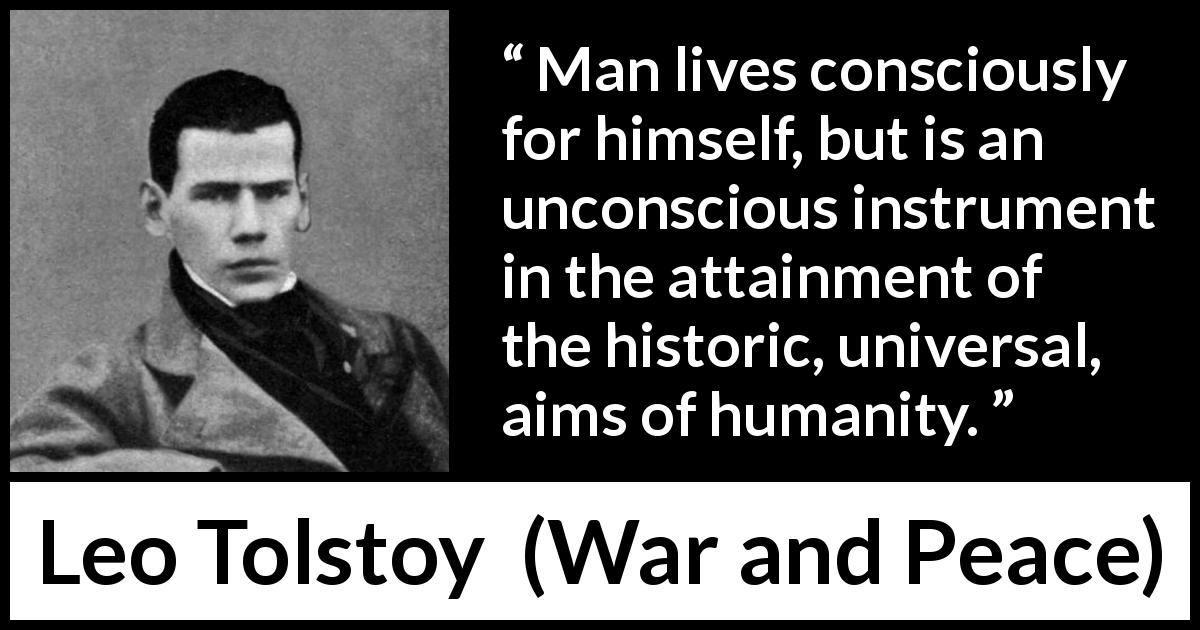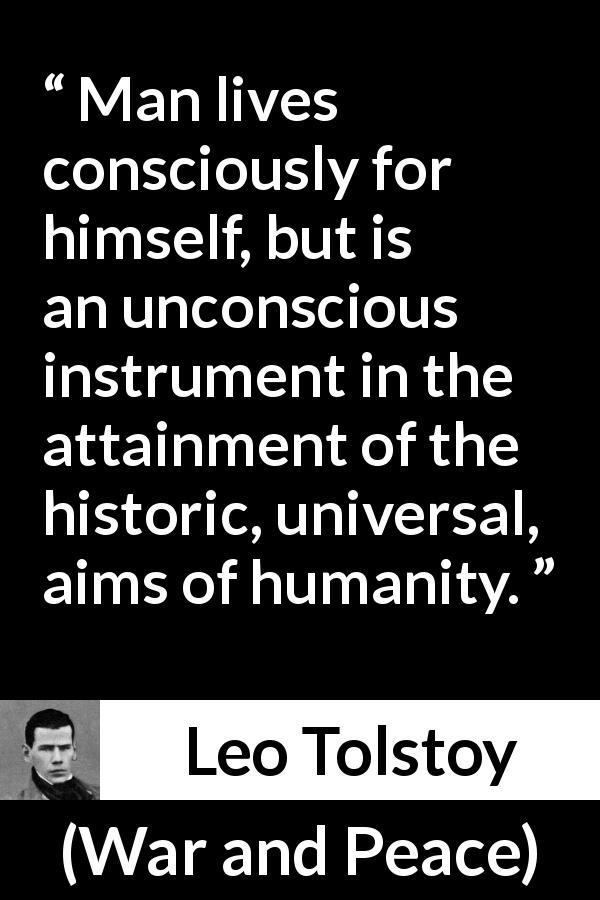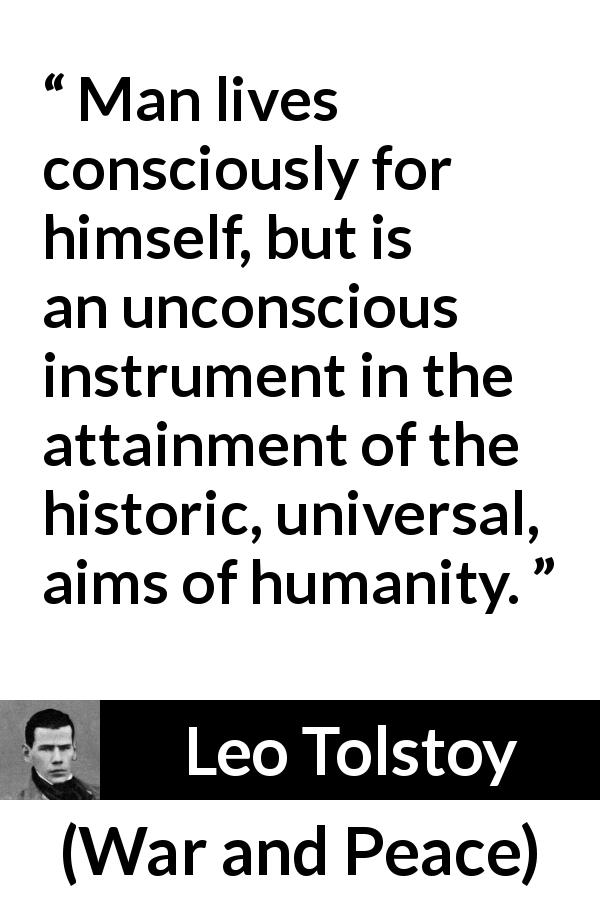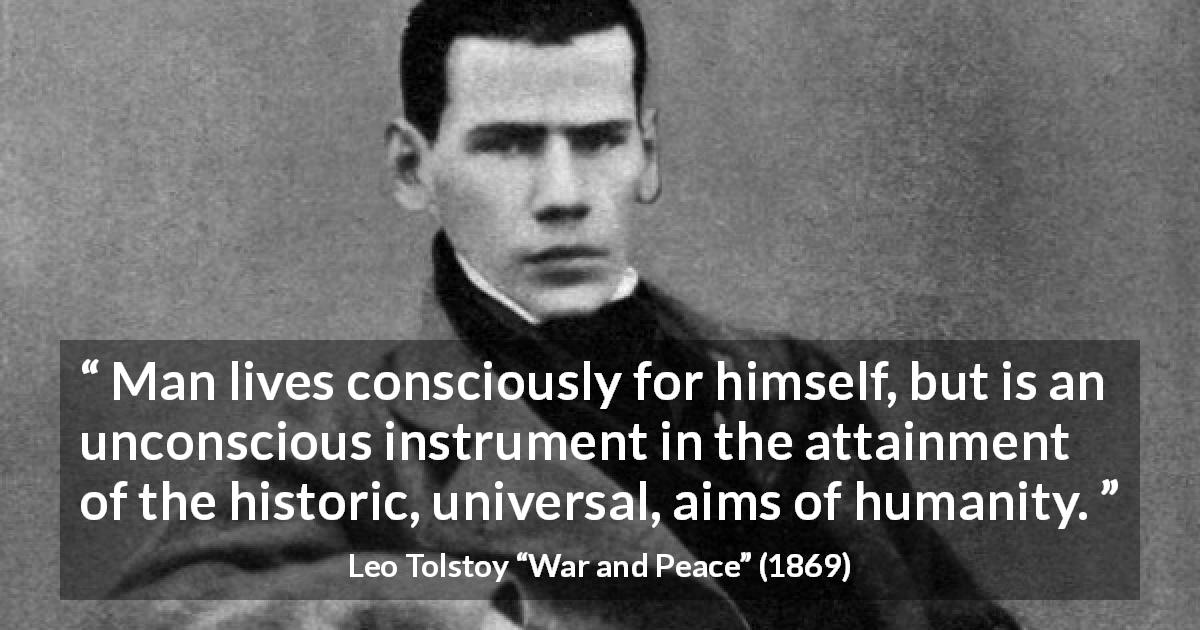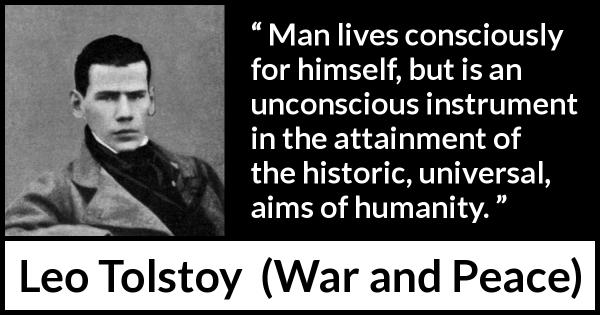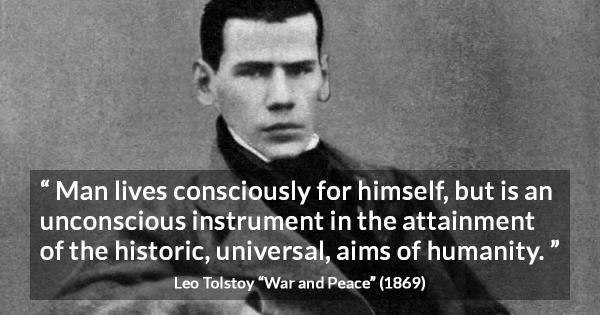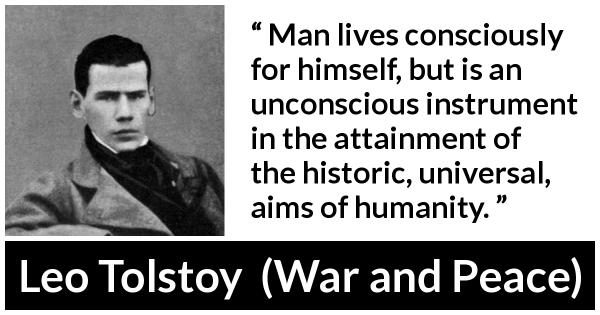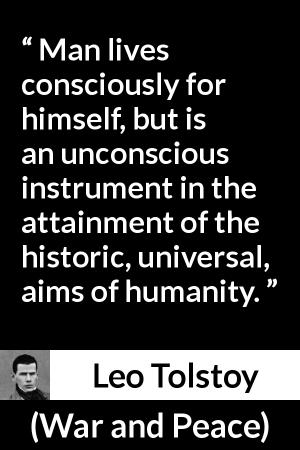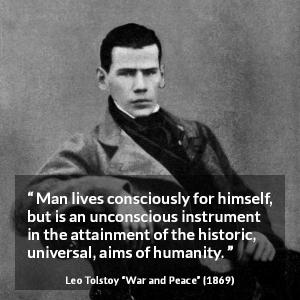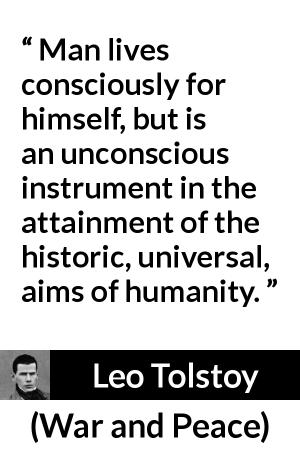“ Man lives consciously for himself, but is an unconscious instrument in the attainment of the historic, universal, aims of humanity. ”
Leo Tolstoy, War and Peace (1869). copy citation
| Author | Leo Tolstoy |
|---|---|
| Source | War and Peace |
| Topic | humanity history self |
| Date | 1869 |
| Language | English |
| Reference | |
| Note | Translated by Louise and Aylmer Maude |
| Weblink | http://www.gutenberg.org/files/2600/2600-h/2600-h.htm |
Context
“There are two sides to the life of every man, his individual life, which is the more free the more abstract its interests, and his elemental hive life in which he inevitably obeys laws laid down for him.
Man lives consciously for himself, but is an unconscious instrument in the attainment of the historic, universal, aims of humanity. A deed done is irrevocable, and its result coinciding in time with the actions of millions of other men assumes an historic significance. The higher a man stands on the social ladder, the more people he is connected with and the more power he has over others, the more evident is the predestination and inevitability of his every action.” source
Man lives consciously for himself, but is an unconscious instrument in the attainment of the historic, universal, aims of humanity. A deed done is irrevocable, and its result coinciding in time with the actions of millions of other men assumes an historic significance. The higher a man stands on the social ladder, the more people he is connected with and the more power he has over others, the more evident is the predestination and inevitability of his every action.” source
